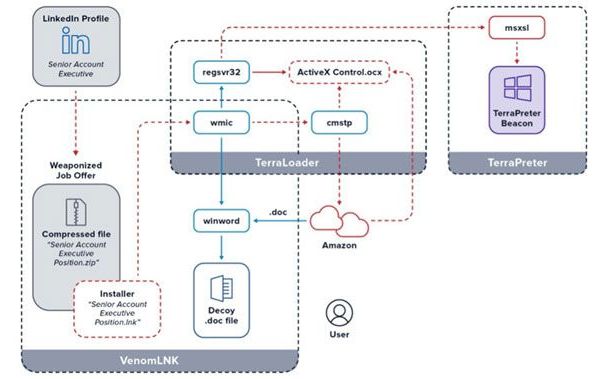Google security researchers are warning of a new set of zero-click vulnerabilities in the Linux Bluetooth software stack that can allow a nearby unauthenticated, remote attacker to execute arbitrary code with kernel privileges on vulnerable devices.
According to security engineer Andy Nguyen, the three flaws — collectively called BleedingTooth — reside in the open-source BlueZ protocol stack that offers support for many of the core Bluetooth layers and protocols for Linux-based systems such as laptops and IoT devices.
The first and the most severe is a heap-based type confusion (CVE-2020–12351, CVSS score 8.3) affecting Linux kernel 4.8 and higher and is present in the Logical Link Control and Adaptation Protocol (L2CAP) of the Bluetooth standard, which provides multiplexing of data between different higher layer protocols.









